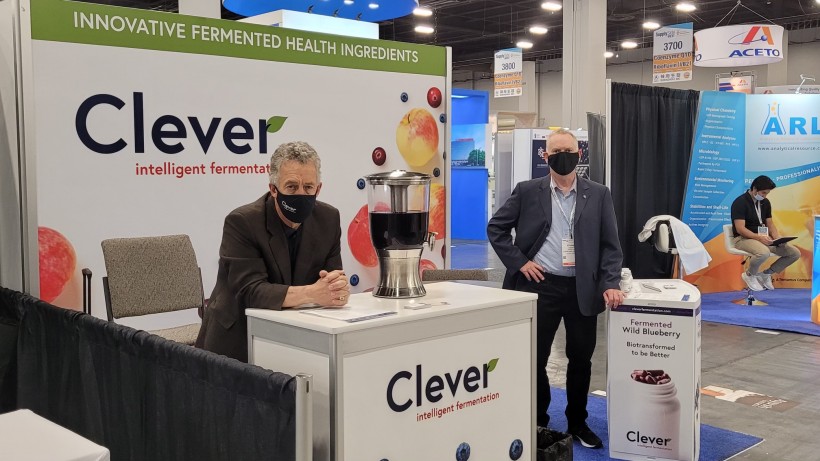Halifax-based Clever Fruit Products, which uses fermentation to produce fruit-based food supplements, will be one of 10 companies to participate in Australia’s FoodTech Tasmania accelerator as it looks to diversify its product offerings.
Clever Fruit CEO Sean Sears said in an interview that he hopes to use the 12-week accelerator as an opportunity to explore producing fermented versions of a variety of Australian fruits, as the “functional food” industry increasingly shifts towards blended products.
FoodTech Tasmania, meanwhile, is based in the city of Launceston and is a division of Startupbootcamp, which offers an international suite of accelerator programs for industries ranging from FinTech to Energy. It invests in the companies it trains. Of the 10 companies in this year's cohort, said Sears, only one is Australian.
“At first, it just seemed too far away to be of interest, but they (Tasmania) have a deep investment in fermentation,” he said.
“So despite the fact that I could probably find a way to drill through the Earth and come out in Launceston, Tasmania, it still makes a lot of sense for us to be at this particular accelerator.”
Under the leadership of government-funded industry group FermenTasmania, the state has been aggressively cultivating a fermentation technology cluster that Sears described as analogous to the community of biotech companies forming around the Verschuren Centre in Cape Breton, but at a more advanced stage of growth.
Clever Fruit produces fermented blueberry powder high in polyphenols, the substances in fruit’s skin that gives it its colour and offers health benefits including reduced risk of dementia and heart disease, according to a growing body of academic research, including a 2019 study.
The company already sells blueberry powder that it produces at a small scale in Nova Scotia, although it is looking to build a new facility after it had to leave Truro’s Perennia Innovation Centre while that facility underwent a Heating, Ventilation, and Air Conditioning review. The Perennia Centre is run by Perennia Food and Agriculture Inc., a provincial development agency.
And as well as re-establishing a Nova Scotia facility, Sears plans to eventually scale up production at a larger plant elsewhere in the world, with Australia as one possible option, but not the only one. He said his tentative plan is to partner with one or more larger companies that already own fermentation facilities and can help commercialize Clever Fruit’s powder as a consumer product.
So far, Clever Fruit has six employees, and while Sears does plan to hire more as the company grows, he does not have plans for how many people he will bring on or when.
“We don’t have a blow-up employee plan,” he said. “We don’t have a plan that says we’re going to get to 100 people in two years time. We’re an IP-focused company.
“Our intent is to build businesses around the world, own a royalty and then own a chunk of the equity.”
The company’s participation in FoodTech Tasmania is the result of the accelerator reaching out to Sears’ team directly. Sears, who has decades of experience in the startup world, attributes the enthusiastic headhunting to what he describes as an increasing trend of accelerators competing with each other for access to the most promising companies.
That depth of experience has also informed Clever Fruit’s restrained approach to fundraising. Since its founding in 2017, the company has raised about $700,000 of equity financing and $1.2 million of non-dilutive financing. But Sears said he has no immediate plans to fundraise against the current backdrop of a global tightening in the venture capital market, partly because he was running an enterprise software company when the dot com bubble burst in 2001.
“It seems to me that, last year, we were at a very similar point to 2000,” he said. “Valuations were totally wacked and money was still flowing. I'm very happy not to be taking any of that money.
“In 2000, we had a software company that was provided valuations at $35 million and $40 million on Bay Street. We got around $5 million, I think, and then we did our next round at $12 million. But if we’d picked a $35 million valuation, we would never have gotten a second round.”
If Sears's plan to partner with an incumbent fermentation company to scale production comes to pass, he does not expect to need to raise capital. Only if Clever Fruit ends up owning and operating its own large-scale plants does he foresee a capital raise being likely.










